1. Who is the longest-serving Minister of Education in Vietnamese history?
- Pham Van Dong0%
- Nguyen Van Huyen0%
- Ta Quang Buu0%
- Nguyen Thien Nhan0%
Professor Nguyen Van Huyen was born in 1905 in Thuoc Bac Street, Hanoi . Orphaned at the age of 8, he was raised and educated by his mother and sister. His sister, Mrs. Nguyen Thi Mao, was one of the first female mathematics teachers in Indochina.
From November 1946 to October 1975, he held the position of Minister of Education for nearly 30 years, the longest tenure in history. During the three decades of war, he directed many reforms, built a national education system, eliminated illiteracy, trained intellectuals and scientific and technical staff, and laid the foundation for the country's long-term development.
2. What words did President Ho Chi Minh say to encourage Professor Nguyen Van Huyen when he was still hesitant to accept the position of Minister?
- "Education is the top national policy, you must take responsibility"0%
- "The country needs a great teacher, please stand up"0%
- "High education must take care of people's education"0%
- "You must share letters with the people"0%
At the end of 1946, in the face of the resistance war, President Ho Chi Minh directly invited Professor Nguyen Van Huyen to be the Minister of National Education. At first, he refused because he thought it was difficult to handle. But Uncle Ho said: "You must share knowledge with the people". That statement made him accept and stick with the education sector until the end of his life.
3. Professor Nguyen Van Huyen was the first Vietnamese student at which prestigious university in France?
- University of Paris-Saclay0%
- University of Lyon0%
- Sorbonne University0%
- University of Toulouse0%
On March 23, 1934, at Sorbonne University - the "intellectual heart" of Europe - for the first time an Annamese successfully defended his doctoral thesis in Literature. That person was Mr. Nguyen Van Huyen, then only 29 years old. This event caused a great stir in the Parisian intellectual community, and was reported by the Paris Afternoon newspaper immediately after the defense.
In addition to his doctorate in literature, he also holds a bachelor's degree in law from the Sorbonne. This excellent academic achievement puts Nguyen Van Huyen among the ranks of outstanding young intellectuals of Indochina.
4. When Mr. Huyen took office as Minister, what was the illiteracy situation in Vietnam?
- 70% of the population is illiterate0%
- 95% of the population is illiterate0%
- 50% of the population is illiterate0%
- Only some rural areas are still illiterate.0%
In 1946, when Minister Nguyen Van Huyen took office, about 95% of the Vietnamese population was illiterate. Only large districts had primary schools, some provinces had secondary schools, and the whole country had only five full-level high schools.
5. What achievements did the Popular Education Movement under the direction of Minister Nguyen Van Huyen achieve in 1946?
- Established 75,000 classrooms, 96,000 teachers, eliminated illiteracy for more than 2.5 million people0%
- Established 20,000 classrooms, 50,000 teachers, eliminated illiteracy for 1 million people0%
- Eliminate illiteracy in the entire North0%
- Opening the first university class in the Viet Bac resistance base0%
In the first year of the resistance war against France, Mr. Nguyen Van Huyen established the National Education Service, used Vietnamese instead of French in schools, and expanded the educational network to the free zones and resistance zones.
In 1946, the whole country had nearly 75,000 classrooms with about 96,000 teachers, helping more than 2.5 million people escape illiteracy. At the same time, many cultural supplementary classes were opened for cadres and working people.
To meet the learning needs, he established the Library Committee and directly directed the compilation of textbooks for social sciences, history, and geography. This was one of the greatest achievements of Vietnamese education in the midst of war.
6. During his tenure as Minister, how many important educational reforms did Professor Nguyen Van Huyen direct?
- Once (1946)0%
- Twice (1950 and 1956)0%
- Three times (1950, 1956, 1970)0%
- No reforms due to war0%
During the 30 years of war, education under the leadership of Professor Nguyen Van Huyen always adapted flexibly and had two major reforms:
In 1950, in the Viet Bac resistance zone: Established the Library Department, compiled textbooks, shortened the general education program from 12 years to 9 years, opened additional cultural supplementary classes and accelerated pedagogical systems (7+2, 10+3) to urgently train teachers.
In 1956, after the liberation of the North: The Ministry of Education returned to Hanoi, reformed for the second time, focusing on training human resources for national construction. The pedagogical system was expanded, universities were flexibly organized (2 years, 3 years, 4 years). By 1965, the North had 17 universities, nearly 30,000 students, 97 majors - forming a team of intellectuals and scientific and technical staff.
During the 9 years of resistance against the French, the new education system "designed and implemented" by Professor Nguyen Van Huyen eliminated the colonial model, used Vietnamese in teaching, including at universities, eliminated illiteracy, and built a school system in the mountains.
Source: https://vietnamnet.vn/ai-la-bo-truong-giao-duc-lau-nam-nhat-2436253.html




![[Photo] Prime Minister Pham Minh Chinh meets with Speaker of the New Zealand Parliament Gerry Brownlee](https://vphoto.vietnam.vn/thumb/1200x675/vietnam/resource/IMAGE/2025/8/28/cec2630220ec49efbb04030e664995db)
![[Photo] General Secretary To Lam presents the 45-year Party membership badge to comrade Phan Dinh Trac](https://vphoto.vietnam.vn/thumb/1200x675/vietnam/resource/IMAGE/2025/8/28/e2f08c400e504e38ac694bc6142ac331)
![[Photo] General Secretary To Lam attends the opening ceremony of the National Achievements Exhibition](https://vphoto.vietnam.vn/thumb/1200x675/vietnam/resource/IMAGE/2025/8/28/d371751d37634474bb3d91c6f701be7f)
![[Photo] Politburo works with the Standing Committee of Cao Bang Provincial Party Committee and Hue City Party Committee](https://vphoto.vietnam.vn/thumb/1200x675/vietnam/resource/IMAGE/2025/8/28/fee8a847b1ff45188749eb0299c512b2)
![[Photo] Red flag with yellow star flutters in France on National Day September 2](https://vphoto.vietnam.vn/thumb/1200x675/vietnam/resource/IMAGE/2025/8/28/f6fc12215220488bb859230b86b9cc12)
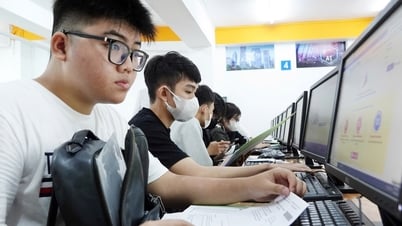

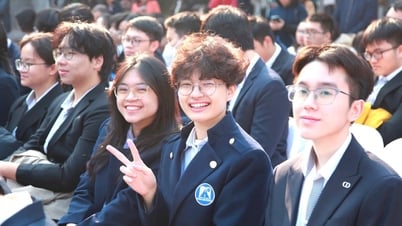
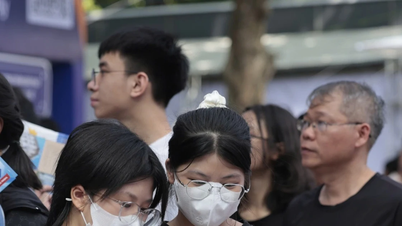

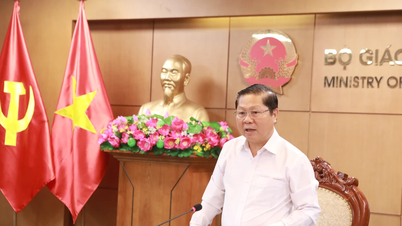

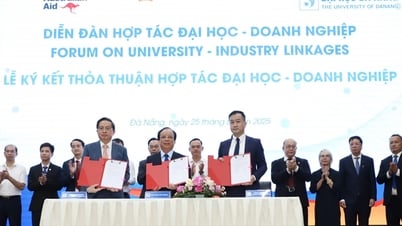
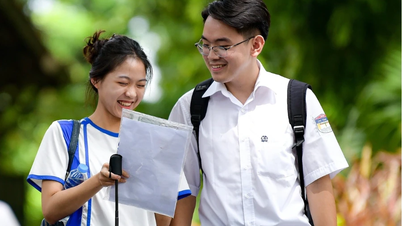
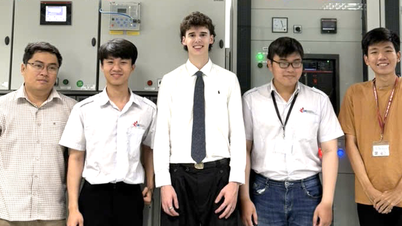

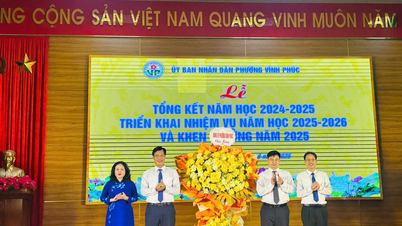
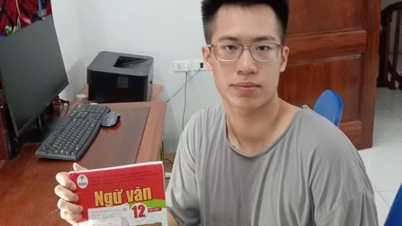


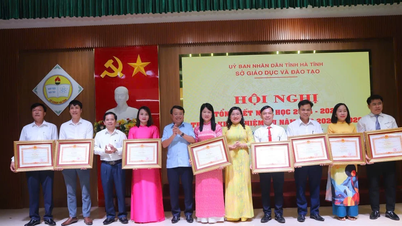






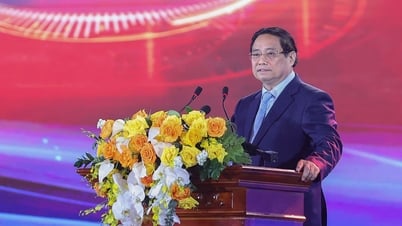

























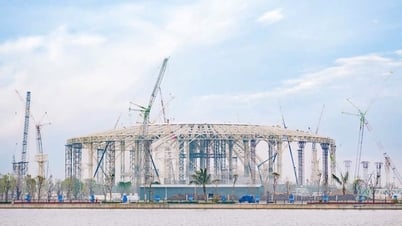












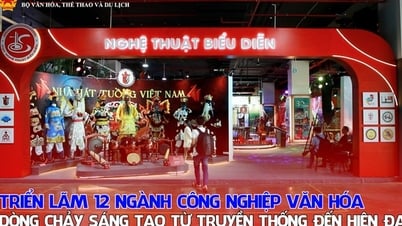




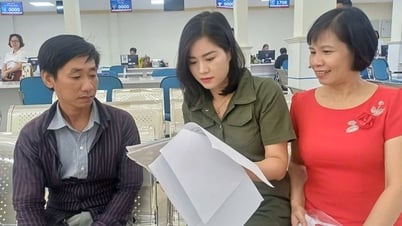
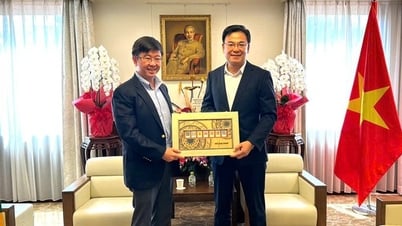


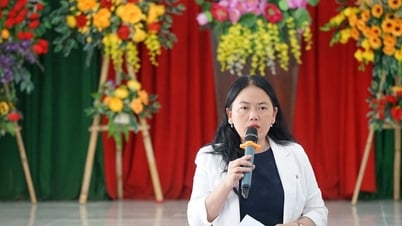

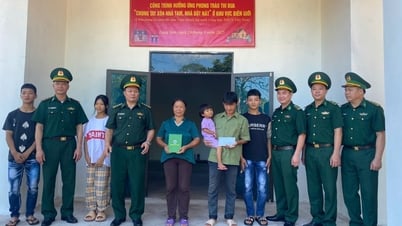


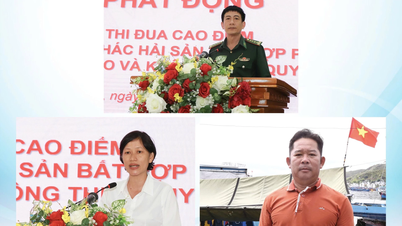













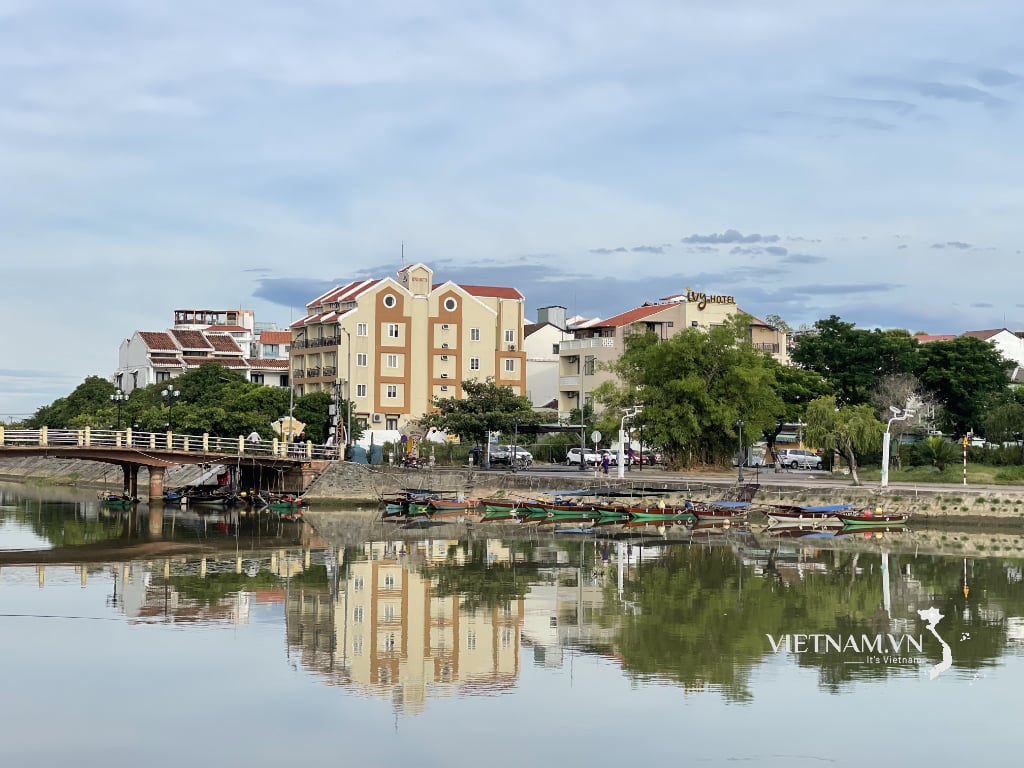


Comment (0)